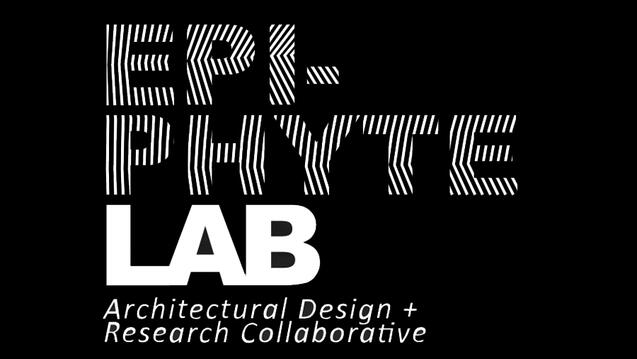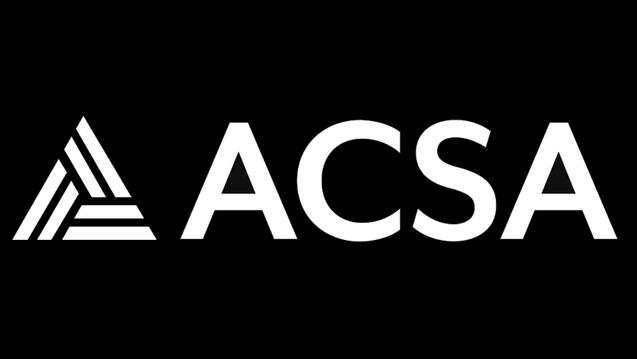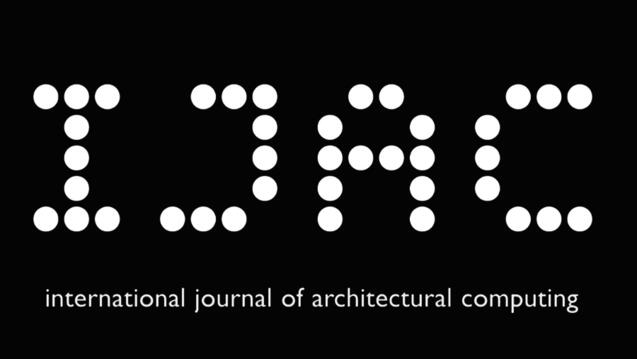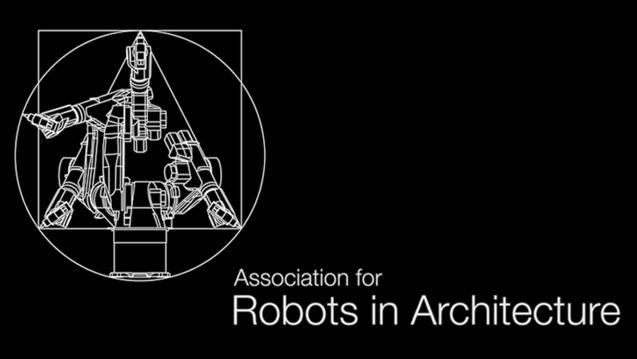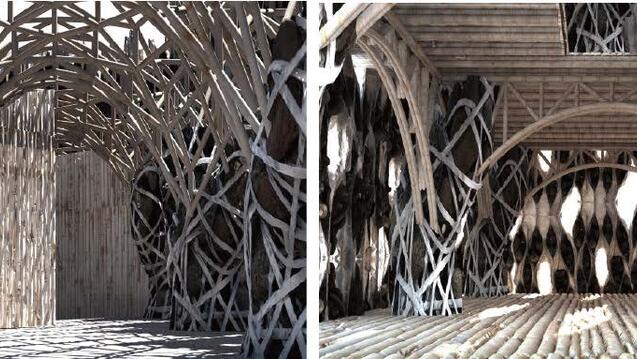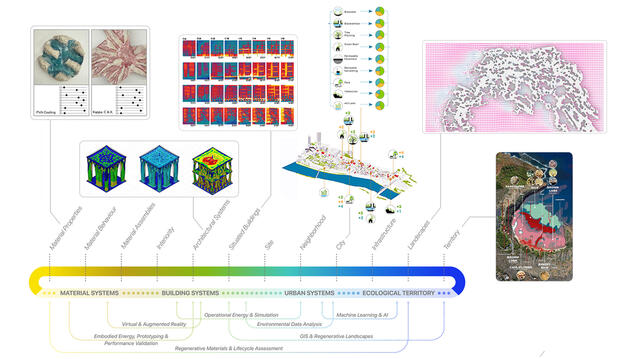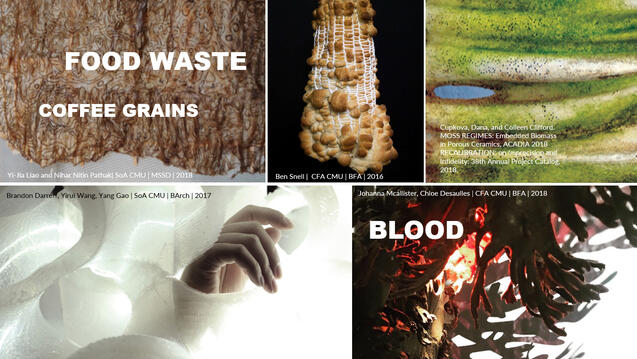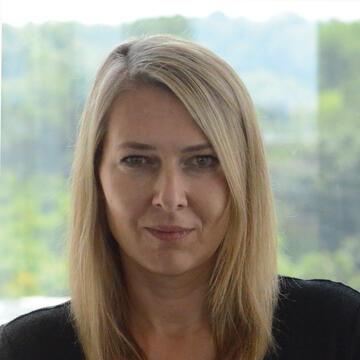
Dana Cupkova

Dana Čupková is a Professor at Carnegie Mellon University's School of Architecture and the graduate Track Chair for the Master of Science in Sustainable Design (MSSD) program. She directs EPIPHYTE Lab, a design and research collaborative that was recognized as the Next Progressives design practice by ARCHITECT Magazine in 2018. She is a recipient of the 2019 ACADIA Teaching Award of Excellence, the 2022 ACSA Creative Achievement, and a 2022-23 Fulbright US Scholar. Additionally, she is a member of the Editorial Board of the International Journal of Architectural Computing (IJAC).
Dana’s design work is driven by a holistic vision of the built environment, centered on the relationship between ecology and technology, and the capacity of architecture to be ecologically vibrant. Her work seeks attunement with natural processes in pursuit of the aesthetics of ecological intimacy. By folding evidence-based methods into creative design solutions, Dana’s research emphasizes the interconnectedness of architecture and landscape through the study of circularity, thermodynamics, embodied energy, bio-based processes, and advanced manufacturing. She investigates strategies for remediation and decarbonization through the use of construction waste streams.
Dana's work has been previously recognized by the Architectural League of New York, the New York State Council on the Arts (NYSCA), and the AIA NY Center for Architecture Foundation (Arnold W. Brunner Grant). Her teaching and research have been supported by the Cornell University Faculty Innovation in Teaching Grant, the AIA Urban and Regional Solution Grant, the Pennsylvania Infrastructure Technology Alliance Grant, the Department of Energy, CMU's Manufacturing Futures Institute, and others. She has lectured internationally and presented at numerous academic conferences, including Smart Geometry, ACADIA, CAADRIA, RobArch, Encoding Architecture, Sustaining Sustainability: Alternative Approaches in Urban Ecology and Architecture, and Design Modeling Symposium: Modeling Behavior, among others. Recently, Dana co-edited the IJAC journal issues titled Impact and Collective Empathy (2020) and AI, Architecture, Accessibility, and Data Justice (2023). Her design work and writing have been published internationally in books and professional venues such as Contemporary Green Prefab (Monsa), Robotic Landscapes: Designing the Unfinished (Park Books), Studio Ecologies for Unpredictable Futures (Routledge), Instabilities and Potentialities (Taylor & Francis), as well as in Dwell, Časopis ARCH, The Architectural Review, Green Building & Design, The Cornell Journal of Architecture, Architect's Newspaper, The International Journal of Architectural Computing, and others.
Dana received an Engineer Architect (Ing. Arch) degree from the Slovak University of Technology in Bratislava, specializing in Experimental and Ecological Architecture. She completed her diploma thesis at the Academy of Fine Arts Vienna (Michael Sorkin Studio) and earned a Master of Architecture (M. Arch) from UCLA, where she was awarded the Unrestricted University Fellowship, the Mimi Perloff Award, and the Kate Neal Kinley Memorial Fellowship for outstanding design work. Dana founded and directed the DCm-STUDIO (2001-09) architectural practice in New York City and held a visiting assistant professorship at Cornell University’s Department of Architecture (2005-12). She has extensive international professional experience in Europe, the U.S., and Southeast Asia, having practiced with Smith-Miller+Hawkinson Architects, RUR Architecture, and Debora K. Reiser in New York, as well as TR Hamzah & Yeang in Malaysia.
Spring 2025 Teaching
The ambition of this studio is to examine the architecture of adaptive reuse, focusing on bio-remediation through the use of invasive species and mycelium, along with material circularity, embodied energy and labor frameworks as primary inspirations for the formation of matter.
This is the culminating thesis course of the Master of Science in Sustainable Design (MSSD) program. This course focuses on delivering a design-research project that integrates ecological principles into the design and analysis of the built environment across multiple scales.
Fall 2024 Teaching
This graduate-level seminar provides an overview of scholarly, design, and research-based approaches addressing ecology, technology and climate change in architecture and urban design.
This design-research seminar explores alternative material formations beyond our current petrochemical reality.
